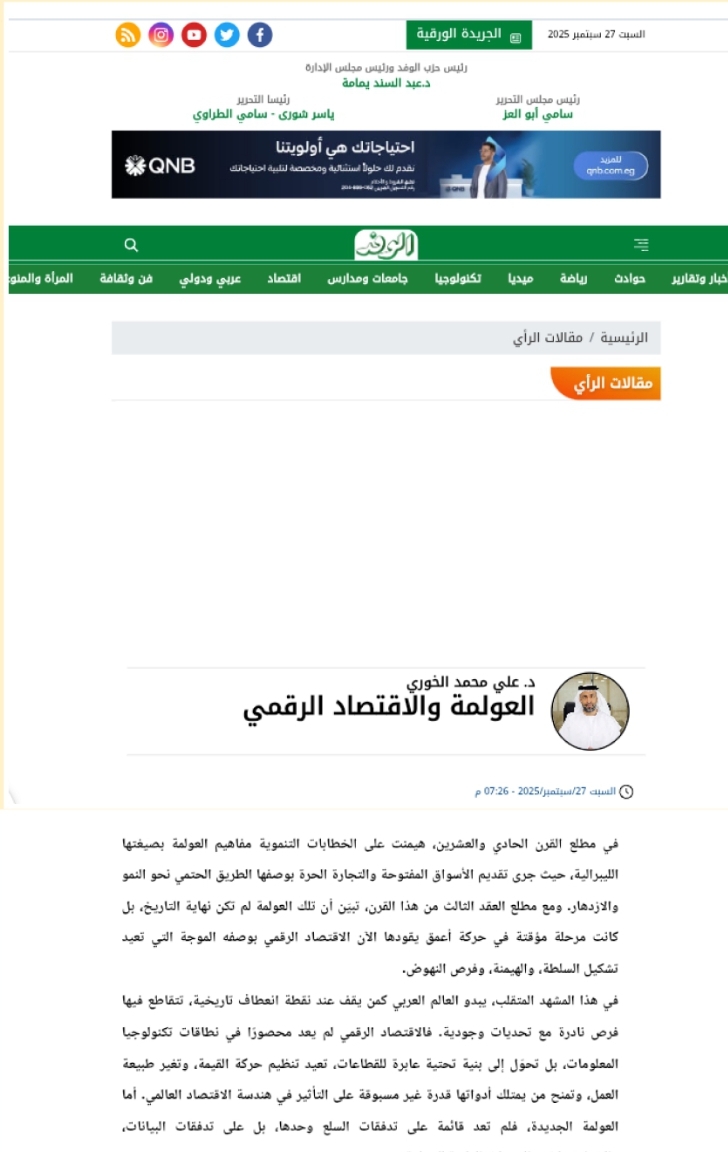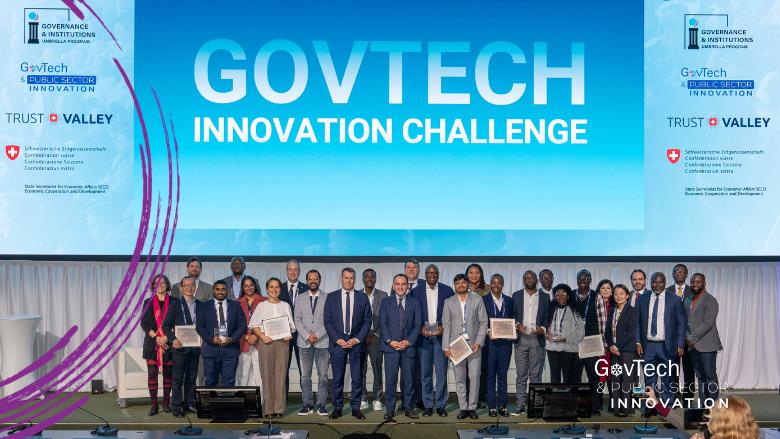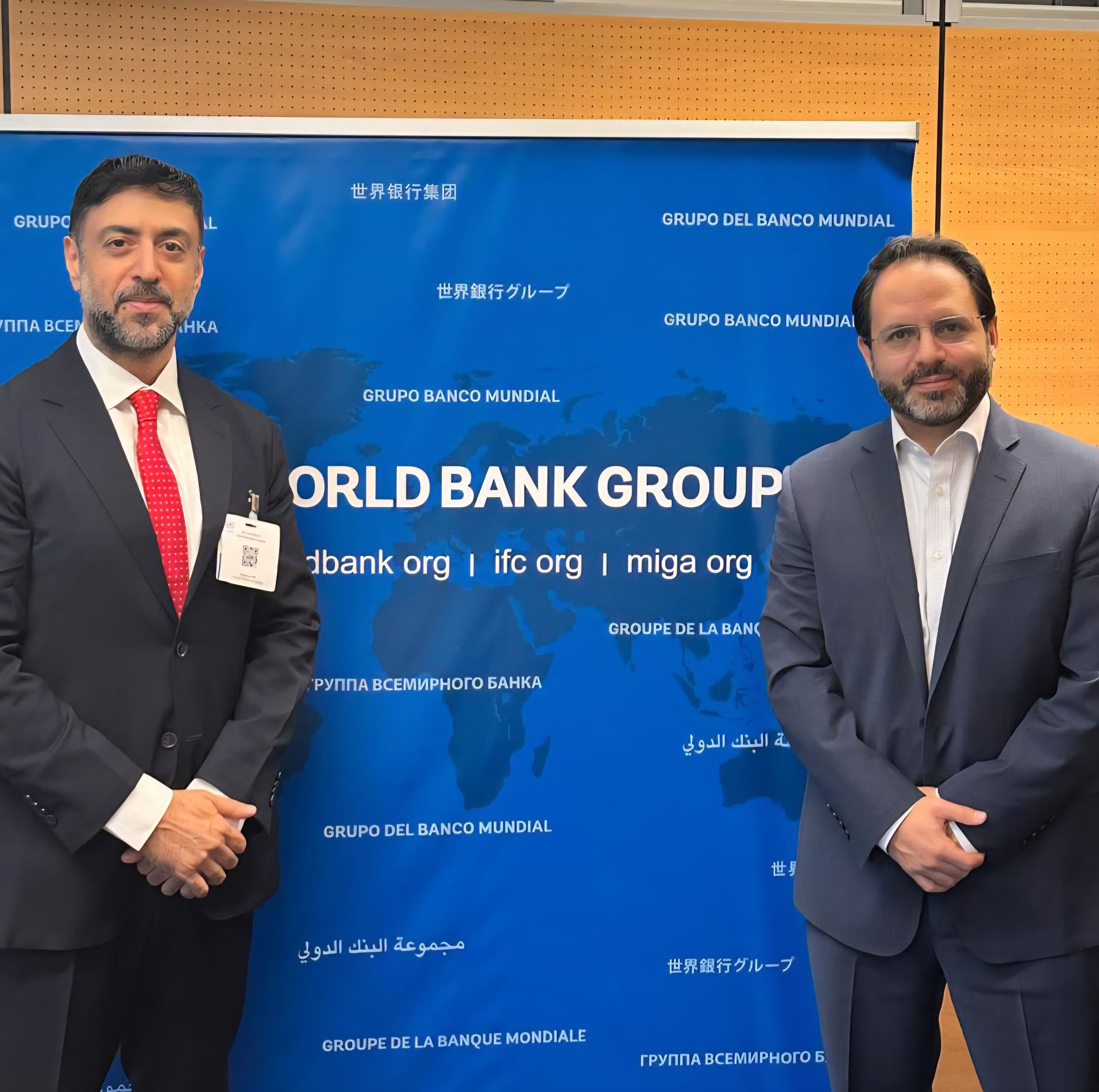Cairo
Source: Al-Wafd Newspaper
Prof. Dr. Ali Mohammed Al-Khouri
At the beginning of the twenty-first century, development discourses were dominated by the liberal concept of globalization, where open markets and free trade were presented as the inevitable path to growth and prosperity. By the beginning of the third decade of this century, it became clear that this globalization was not the end of history, but rather a temporary phase in a deeper movement now led by the digital economy as the wave reshaping power, hegemony, and opportunities for advancement.
In this volatile landscape, the Arab world appears to be standing at a historical turning point, where rare opportunities intersect with existential challenges. The digital economy is no longer confined to the realm of information technology; it has transformed into a cross-sector infrastructure that reorganizes the flow of value, changes the nature of work, and grants those who wield its tools an unprecedented ability to influence the architecture of the global economy. The new globalization is no longer based solely on commodity flows, but rather on data flows, algorithms, and transnational platforms.
In this context, the Arab world has an opportunity to redefine its position within this reshaped global order. Transitioning from a rentier economy to an innovation economy is no longer a developmental requirement, but an existential choice. By employing the tools of the digital economy, Arab countries can liberate their productive sectors from their unilateral exposure to raw materials and open up to promising fields, including e-commerce, smart tourism, digital financial services, and multilingual Arabic content.
However, these potentials cannot be realized in a vacuum. The key to the transition lies in the Arab state’s ability to formulate a digital development vision that goes beyond modernizing digital infrastructure, but also encompasses restructuring educational systems, establishing smart industrial policies, and creating a flexible legislative environment that accommodates transformations, rather than resisting them. What is required here is not a race to attract global companies, but rather the building of an Arab digital bloc capable of production, competition, and model-setting.
The need for this transformation increases with the widening digital divide within Arab societies, whether between countries or between urban centers and rural peripheries. The challenge is further magnified by the weakness of legal systems regulating digital activities, the absence of rules governing data use, and the limited scope of legislation to counter the risks of cyberattacks and information manipulation. Digital trust cannot be built without an integrated protection system encompassing infrastructure, knowledge, and a legal framework.
The lack of regional digital integration among Arab countries also represents a structural obstacle to leveraging the digital economy as a tool for true Arab integration. No country, no matter how capable, can establish a competitive digital system in isolation. What is required is the construction of interconnected Arab digital markets based on compatible technologies, harmonized legislation, and integrated strategies for cybersecurity and data governance.
On the other hand, it must be recognized that human capital is the true driver of this transformation. The battle, at its core, revolves around who possesses the minds capable of digital thinking, interacting with artificial intelligence, and innovating solutions that transcend tradition. If educational policies do not adopt new curricula based on critical thinking, problem-solving, and collaborative work, any investment in digital infrastructure will remain unable to generate the targeted value.

This transition is more than a technical one; it represents a civilizational shift that requires redefining the role of the state, empowering the individual, urban planning, and regulating the market. It is a shift in the philosophy of the economy itself: from a resource economy to a knowledge economy; from heavy industries to smart platforms; and from monopoly to broad participation in the production and distribution of value.
In this context, digital globalization is no longer just a new wave, but a new standard by which nations’ development is measured. The longer the Arab world hesitates, the wider the gap between it and the active forces of the new international order. Delaying entry into the innovation equation is not a loss of market share, but rather a failure to meet the conditions of history itself.
What is required now is not to catch up, but rather the courage to chart an independent path, based on the region’s unique characteristics, capitalizing on its latent energies, and built on a development model that relies on people as the instrument and goal of change.











